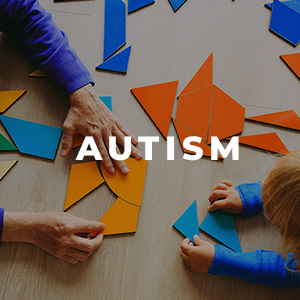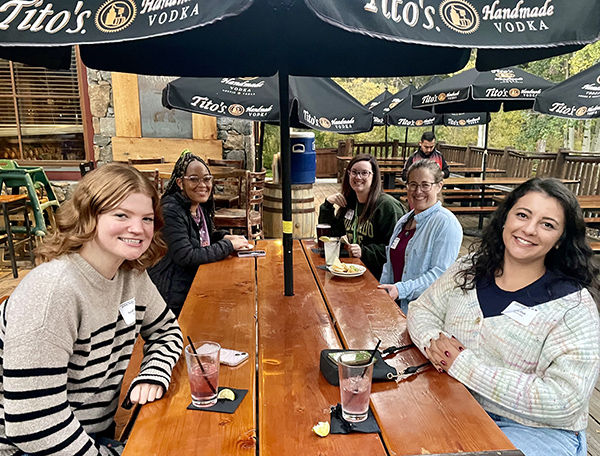We asked Partners for Children’s Mental Health (PCMH) a few questions about why they sought to partner with ECHO to disseminate knowledge about pediatric suicide prevention in primary care. Here’s what they had to say.
Q. What lead you to choose ECHO to educate the healthcare community about pediatric suicide prevention?
A. PCMH launched our program, Pathway to Suicide Prevention, in 2020 when the timing wasn’t appropriate for in-person trainings. Despite the pandemic, we were still passionate about improving patient care so we asked colleagues and researched the best way to spread this information. ECHO Colorado kept coming up as a valuable way to educate healthcare professionals, so we sought out a partnership. What we found is an amazing education platform that informs the primary care population on improving health outcomes.
Today, post pandemic, we offer in-person education, but the value of ECHO is how it enables us to reach providers throughout Colorado. ECHO serves as our communication platform for helping more primary care providers improve their adolescent suicide screening rates. We are so grateful to be able to work with ECHO and the wonderful community that they have built to help improve patient care in Colorado.
Q. Has the collaboration been successful? How?
A. Yes. Since 2022 we have trained over 400 providers on the Pathway to Suicide Prevention. We have developed two ECHO series that have been helpful in expanding our reach across the state and the nation! The ECHO team is organized and easy to work with, from planning a series to coordinating new cohorts. They are always on top of deadlines and eager to help meet our needs. We love working with our project coordinator, Ashley Clark, as her insight and experience have been so valuable to our team. With ECHO we can share our information quickly and reach an amazing community of healthcare professionals.
Q. Is there anything you want providers to know about the upcoming cohort?
A. Our second ECHO series, Navigating Complexities in Youth Experiencing Suicidality in Primary Care, builds on the original series, Pediatric Suicide Prevention: A Practical Care Pathway for Primary Care. We heard from providers who, after completing the first series, said they felt confident and ready to take on more complex mental health presentations. They explained to us through surveys that there were common barriers they wanted to address and questions on next steps in supporting families. From navigating family systems to supporting families with mental health resources, providers can learn about complex mental health cases in the primary care clinic.





